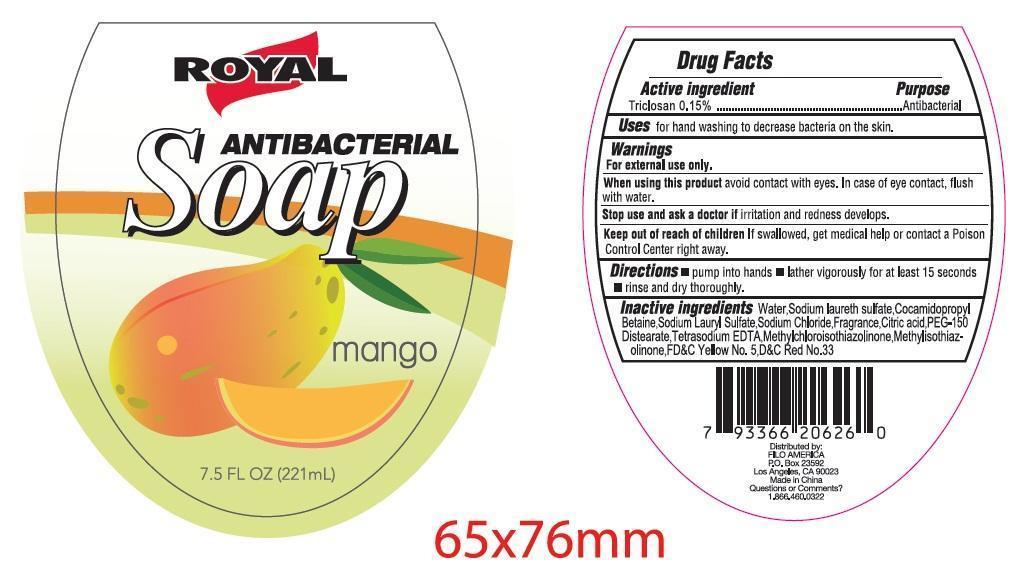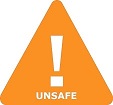Royal Antibacterial (mango) | Triclosan Gel while Breastfeeding

What is Royal Antibacterial (mango) | Triclosan Gel used for?
Brief: Antibacterial
I am currently breastfeeding and I want to know if using Royal Antibacterial (mango) | Triclosan Gel is safe for my kid? Does it have any effect on milk production?

Triclosan and Breastfeeding
UnsafeTriclosan is used in a variety of common household products, including soaps, mouthwashes, dish detergents, toothpastes, deodorants, and hand sanitizers. It is also used in health care settings in surgical scrubs and personnel hand washes. Triclosan has been found in human serum, urine, and breast milk. Triclosan is capable of impacting microbiome diversity of infants. As not much study has been done hence its recommended to avoid this product in breastfeeding.
Note: Study and data for external use onlyWarning: Tropical usage in breast area shall be avoided to prevent the Triclosan passing orally in Infants.
What should I do if I am breastfeeding mother and I am already exposed to Royal Antibacterial (mango) | Triclosan Gel?
If you observer abnormal behavior or any other health issue in infant then you should immediately call 911 or contact other contact other emergency service provider in your area otherwise closely monitor the baby and inform your doctor about your Royal Antibacterial (mango) | Triclosan Gel usage and time interval of breastfeeding.
My health care provider has asked me to use Royal Antibacterial (mango) | Triclosan Gel, what to do?
If your doctor knows that you are breastfeeding mother and still prescribes Royal Antibacterial (mango) | Triclosan Gel then there must be good reason for that as Royal Antibacterial (mango) | Triclosan Gel is considered unsafe, It usually happens when doctor finds that overall advantage of taking
If I am using Royal Antibacterial (mango) | Triclosan Gel, will my baby need extra monitoring?
Yes, Extra monitoring is required if mother is using Royal Antibacterial (mango) | Triclosan Gel and breastfeeding as it is considered unsafe for baby.
Who can I talk to if I have questions about usage of Royal Antibacterial (mango) | Triclosan Gel in breastfeeding?
US
National Womens Health and Breastfeeding Helpline: 800-994-9662 (TDD 888-220-5446) 9 a.m. and 6 p.m. ET, Monday through Friday
UK
National Breastfeeding Helpline: 0300-100-0212 9.30am to 9.30pm, daily
Association of Breastfeeding Mothers: 0300-330-5453
La Leche League: 0345-120-2918
The Breastfeeding Network supporter line in Bengali and Sylheti: 0300-456-2421
National Childbirth Trust (NCT): 0300-330-0700
Australia
National Breastfeeding Helpline: 1800-686-268 24 hours a day, 7 days a week
Canada
Telehealth Ontario for breastfeeding: 1-866-797-0000 24 hours a day, 7 days a week
